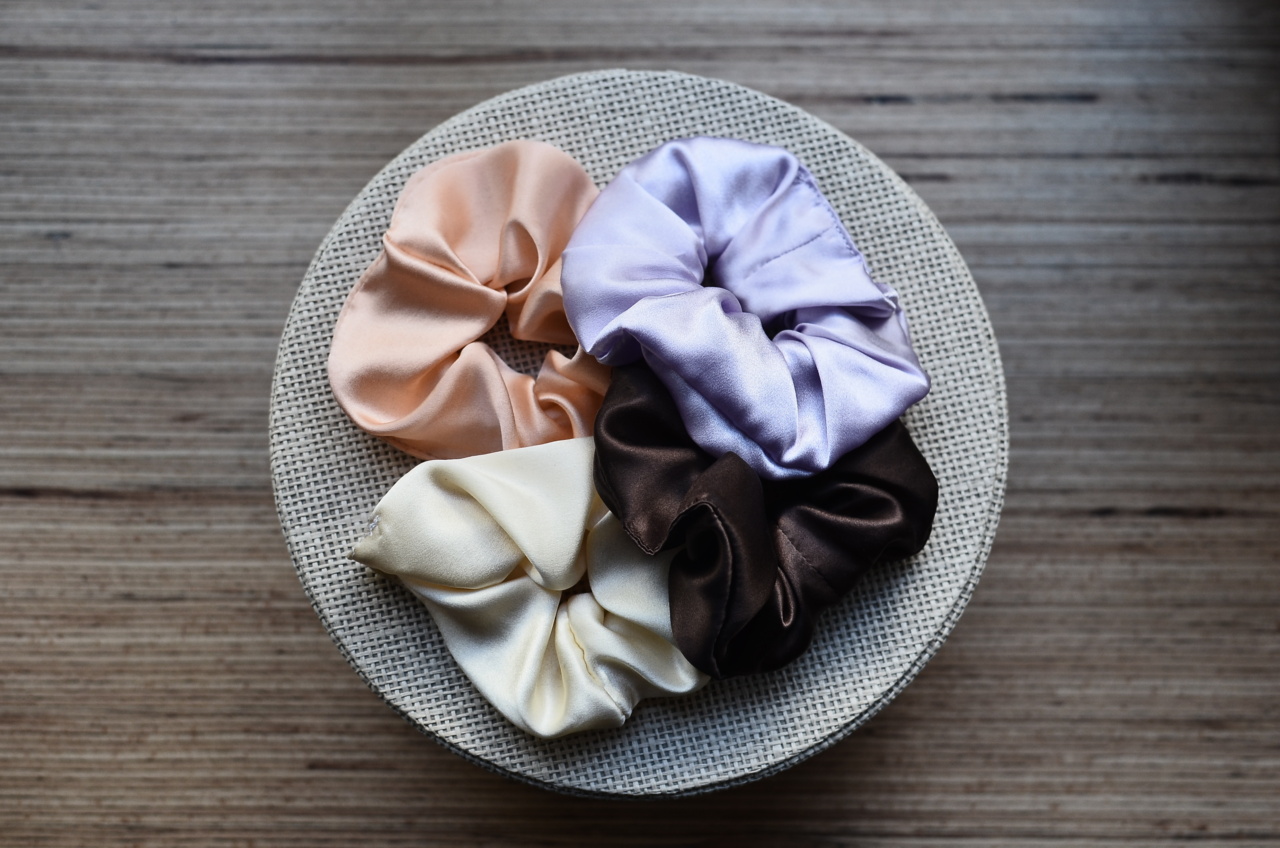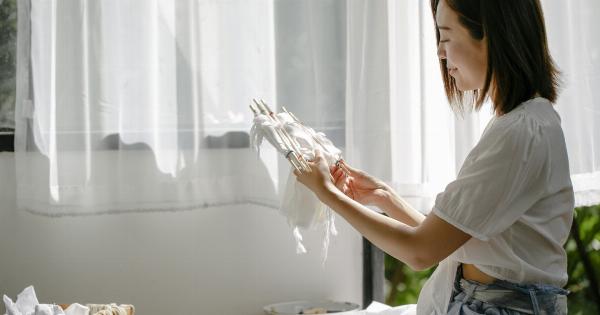Every woman dreams of having silky smooth feet. However, daily wear and tear can cause our heels to become dry and rough. This can lead to cracked heels, calluses, and other foot problems that can cause discomfort when walking.
While there are many products available on the market that promise to soften your heels, they often contain harsh chemicals that can cause further damage to your skin. Fortunately, there are many natural ways to get silky smooth feet without resorting to chemical-laden products.
What Causes Dry, Cracked Heels?
Dry, cracked heels are usually caused by the following factors:.
- Lack of Moisture: The skin on our feet is thicker and usually drier than the rest of our body. This means our feet lose moisture faster, especially in dry weather conditions.
- Walking Barefoot: Walking barefoot on hard floors can cause our heels to become dry and cracked over time.
- Ignoring Foot Care: Neglecting foot care can lead to dry, rough, and cracked heels. It is important to clean and moisturize your feet regularly to maintain their health.
- Medical Conditions: Certain medical conditions like diabetes, thyroid disorders, and eczema can cause the skin on our feet to become dry and cracked.
Natural Heel Softening Remedies
Here are some natural remedies to help soften your heels:.
1. Coconut Oil
Coconut oil is an excellent natural moisturizer that can help soften your heels. It is loaded with antioxidants, vitamin E, and fatty acids that nourish and hydrate the skin.
To use coconut oil to soften your heels, massage a small amount of it onto your feet before going to bed. Put on clean socks and leave it on overnight. Wash your feet with warm water in the morning and repeat the process until you see results.
2. Epsom Salt Soak
Epsom salt is a natural exfoliant that helps remove dead skin cells and soften the skin. It also has antibacterial and anti-inflammatory properties that can help reduce foot odor and inflammation.
To use Epsom salt to soften your heels, add 1/2 cup of Epsom salt to a tub of warm water and soak your feet for 10-15 minutes. Rinse with warm water and pat dry. Repeat the process once a week to see results.
3. Honey
Honey is a natural humectant that can help lock in moisture and restore the natural pH of your skin. It also has antibacterial properties that can help prevent infections.
To use honey to soften your heels, mix equal parts of honey and olive oil and massage the mixture onto your feet. Leave it on for 10-15 minutes before rinsing with warm water. Repeat the process once a week for best results.
4. Lemon Juice
Lemon juice is rich in alpha-hydroxy acids that help exfoliate the skin and promote cell turnover. Its acidity can also help remove dead skin cells and soften your heels.
To use lemon juice to soften your heels, mix equal parts of lemon juice and warm water and soak your feet in the mixture for 10-15 minutes. Rinse with warm water and pat dry. Repeat the process once a week.
5. Oatmeal
Oatmeal is a natural exfoliant that can help remove dead skin cells and nourish the skin. It is also hypoallergenic, making it ideal for sensitive skin.
To use oatmeal to soften your heels, mix 1/2 cup of oatmeal with warm water to form a paste. Apply the paste onto your feet and massage in a circular motion for 10-15 minutes. Rinse with warm water and pat dry. Repeat once a week.
6. Aloe Vera
Aloe vera is a natural moisturizer that can help soothe and hydrate dry, cracked skin. It also has anti-inflammatory and antibacterial properties that can help prevent infections.
To use aloe vera to soften your heels, apply fresh aloe vera gel onto your feet and massage for 10-15 minutes. Leave it on for 20 minutes before rinsing with warm water. Repeat once a week for best results.
7. Vinegar
Vinegar is a natural exfoliant that can help remove dead skin cells and soften your heels. Its acidic properties can also help balance the pH of your skin and prevent infections.
To use vinegar to soften your heels, mix equal parts of vinegar and warm water and soak your feet in the mixture for 10-15 minutes. Rinse with warm water and pat dry. Repeat once a week.
8. Shea Butter
Shea butter is a natural emollient that can help moisturize and soften your heels. It is loaded with vitamins A and E that nourish and hydrate the skin.
To use shea butter to soften your heels, massage a small amount of it onto your feet before going to bed. Put on clean socks and leave it on overnight. Wash your feet with warm water in the morning and repeat the process until you see results.
9. Petroleum Jelly
Petroleum jelly is a natural sealant that can help lock in moisture and prevent water loss. It is also hypoallergenic, making it ideal for sensitive skin.
To use petroleum jelly to soften your heels, apply a thick layer onto your feet before going to bed. Put on clean socks and leave it on overnight. Wash your feet with warm water in the morning and repeat the process until you see results.
10. Tea Tree Oil
Tea tree oil has antifungal and antibacterial properties that can help prevent and treat infections. It can also help soothe and moisturize dry, cracked heels.
To use tea tree oil to soften your heels, mix a few drops of tea tree oil with a carrier oil like coconut or olive oil and massage onto your feet for 10-15 minutes. Rinse with warm water and repeat once a week.
Conclusion
By using natural remedies like coconut oil, Epsom salt, honey, lemon juice, oatmeal, aloe vera, vinegar, shea butter, petroleum jelly, and tea tree oil, you can soften your heels and get silky smooth feet without resorting to chemical-laden products.
These remedies are safe, effective, and inexpensive, making them an excellent choice for anyone who wants to take care of their feet naturally.






























